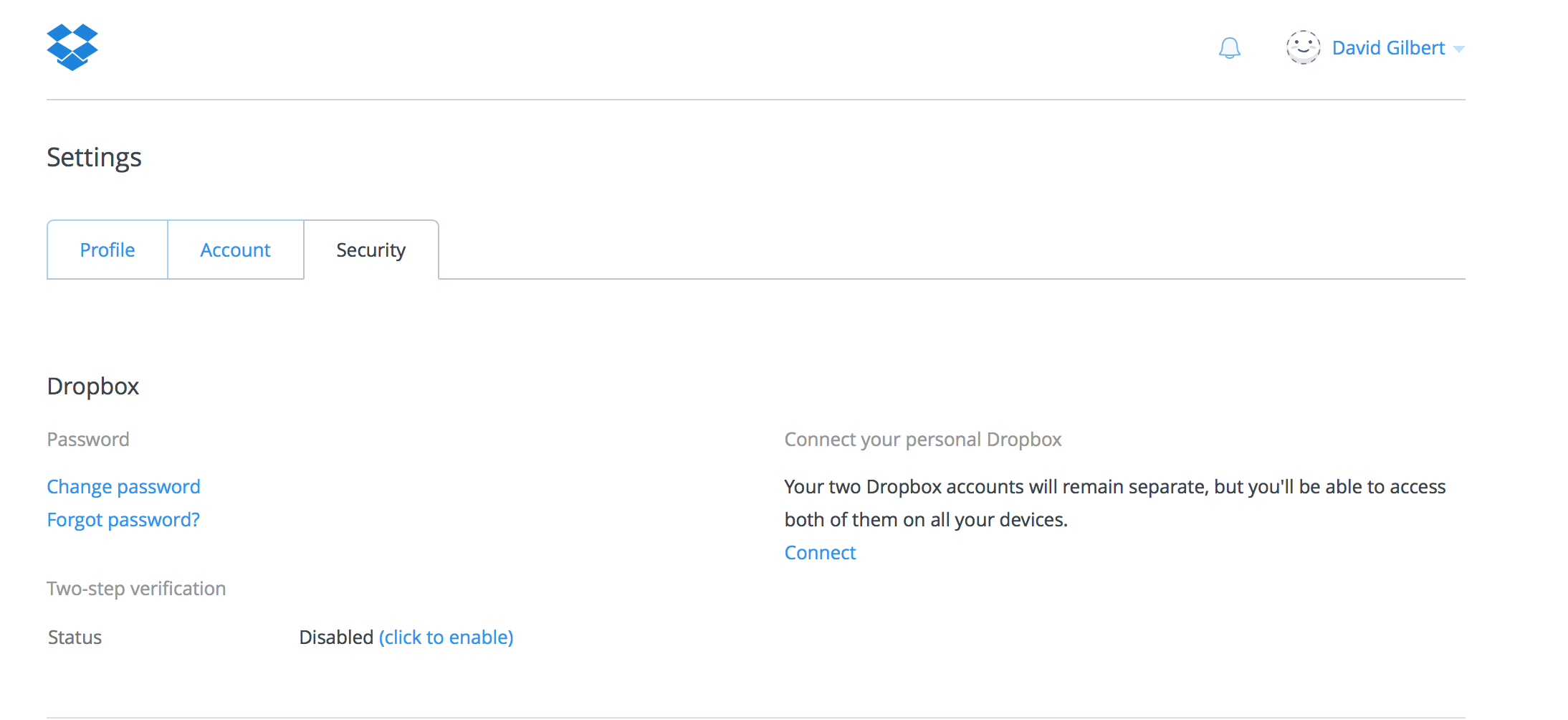

I prefer not to use Dropbox for confidential documents - I instead use a Transporter to make work product and similar documents available to my other computers and my iOS devices - but the vast majority of the important documents in my cases are public documents such as pleadings, and Dropbox is amazingly useful for storing those documents in a way that they are available to me on all of my computers and devices. As a result, my iPad always has immediate access to these documents, which is very useful. I use the fantastic GoodReader app on my iPad to sync all of those folders. Jeff Richardson – I use Dropbox to store all of the pleadings, and other key non-confidential documents, such as exhibits and important correspondence, in all of my state and federal cases.

Suffice it to say that we love Dropbox and it’s one of those tools that we can’t imagine practicing without. Dropbox also has many built-in features, such as versioning, sharing, and searching and its integration with numerous other apps, all of which make it invaluable to us. Knowing that a copy of our documents is stored offsite also provides peace of mind in case the unthinkable happens. Having our documents stored in the cloud makes them accessible from anywhere and its smartphone apps enable us to literally have all of our files with us all the time.

Instead, we’ve relied on Dropbox to act as our firm’s “virtual” server, which has made us incredibly more productive. Here are stories from lawyers who use Dropbox.īen Stevens – My firm has not had a physical server since 2009. It’s increasingly popular with lawyers as the 2014 ABA Legal Technology Survey Report indicates, with 65.3% of lawyers downloading Dropbox in 2014, up from only 15.2% the prior year. Dropbox is an online storage vault for your files that syncs with a designated folder on your computer and across mobile devices.


 0 kommentar(er)
0 kommentar(er)
